4 West Coast Mayors Lift Ban on City-Funded Travel to Indiana
Tuesday, April 07, 2015
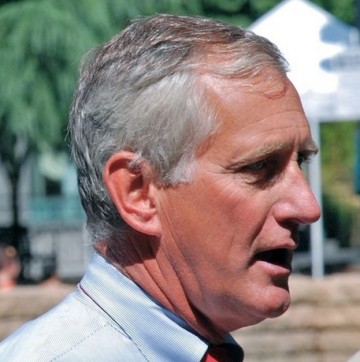
Mayor Charlie Hales announced today that he has lifted the ban on city-funded travel to Indiana.
The issue came about after the Indiana Legislature and Governor Mike Pence passed a law that discriminated against LGBT people. Cities, counties, states and businesses around the nation condemned the passage of the law.
Late last week the governor and legislature clarified the intent of the Indiana law, stating that it may not be used by most private businesses to defend against discrimination claims. The clarification identifies that sexual orientation and gender identity are characteristics for which nondiscrimination protections may exist.
Mayor Hales said the changes in Indiana are a good first step, and that he will lift the travel ban today.
Read the full statements from Mayor Hales, Mayor Libby Schaaf of Oakland, Mayor Ed Lee of San Francisco, and Mayor Ed Murray of Seattle below:
Portland Mayor Charlie Hales:
“Indiana as a state should follow the leadership of the great city of Indianapolis, and of Mayor Greg Ballard,” Hales said this week. “In Indianapolis, protections for LGBT residents are clearly delineated. Indianapolis understands that which so many other cities and states know: that protecting all residents, regardless of sexual orientation or gender identity, is sane, smart, practical and ethical.”
Oakland Mayor Libby Schaaf:
“We have a duty to speak out and act against discrimination wherever and whenever it occurs because the erosion of anyone’s civil rights is a threat to us all. While there is much more to be done nationally and at the state and local levels to provide equal protection under the law for all, I am encouraged by Indiana’s decision to clarify its law so that it cannot be used to deny members of the gay, lesbian, bisexual and transgender communities access to services. After review of this change, I am directing the Oakland City Administrator to resume the normal review of requests for City-funded travel to Indiana.”
San Francisco Mayor Ed Lee:
“While not perfect, the changes made to Indiana’s Religious Freedom Restoration Act represent a step in the right direction. While I believe strongly that Indiana, like many states around the country, must still add more protections to prevent discrimination against its lesbian, gay, bisexual and transgender communities, I have decided to lift San Francisco’s restrictions on publicly funded City employee travel to the State of Indiana with the hope and expectation that progress on civil rights for all Americans will continue. I also applaud cities like Indianapolis, which have taken these steps at the local level, and Indianapolis Mayor Greg Ballard, who has been a consistent champion for equality during this whole debate."
Seattle Mayor Ed Murray:
“After an unprecedented response from businesses, governments, faith organizations, non-profits, sports organizations and millions of people across America, Indiana’s legislature and governor amended their state’s Religious Freedom Restoration Act to include LGBT people in that state’s history.
“While the most egregious parts of the law were changed, LGBT people still face a tough reality in Indiana and in many other places throughout the country. Indiana needs a comprehensive civil rights law like Washington’s, which protects people from discrimination regardless of who they are or who they love.
“I recognize that it will not be easy to pass anti-discrimination legislation in Indiana or other states where these protections do not currently exist. In the state of Washington, it took 29 years before we finally succeeded in passing it in 2006. The people in Indiana and around the country who continue to fight for equity under the law need coordinated support and resources to fulfill the promise of an end to discrimination. I want to thank Indianapolis Mayor Greg Ballard for being a leader in his state and calling for a civil rights law that includes sexual orientation and gender identity as a protected class in Indiana. Seattle stands in solidarity with everyone who fights for recognition and equal protections under the law. I realize LGBT people in Indiana face a government whose mission was clear – they wanted to legalize discrimination in Indiana – and to some degree they have.
“Yet, rarely does wholesale change happen overnight. It is important that we celebrate these small victories as we advance toward our ultimate goal of full equity for all.”
Related Slideshow: What Portland Can Learn from Ferguson
Recent developments in Ferguson, Mo., where a white police officer was not indicted for shooting an unarmed black teen, have brought to light issues that provide a case in point for Portland, according to leaders in the city’s African American community.

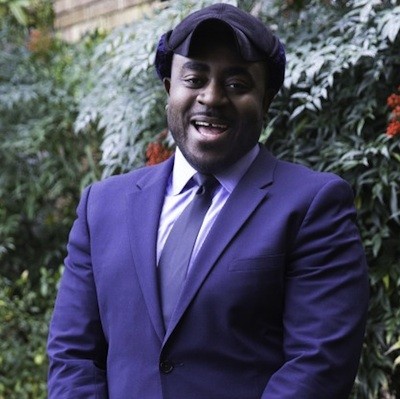
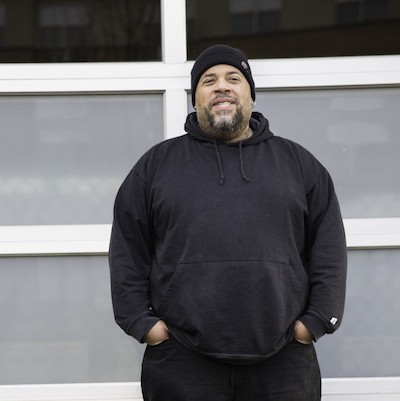
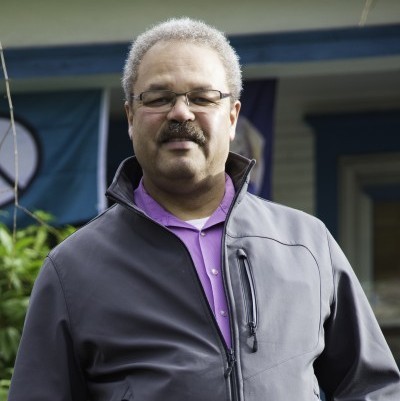
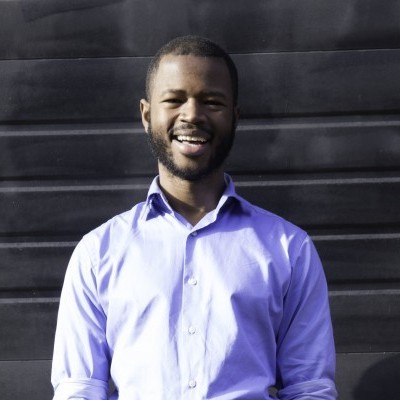
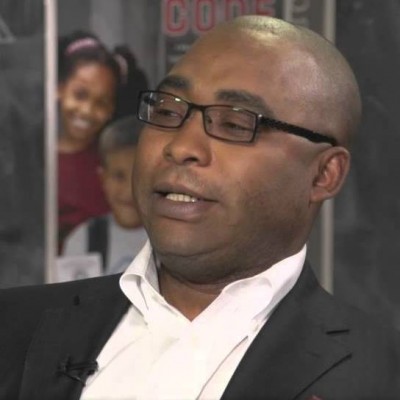








 Delivered Free Every
Delivered Free Every
Follow us on Pinterest Google + Facebook Twitter See It Read It